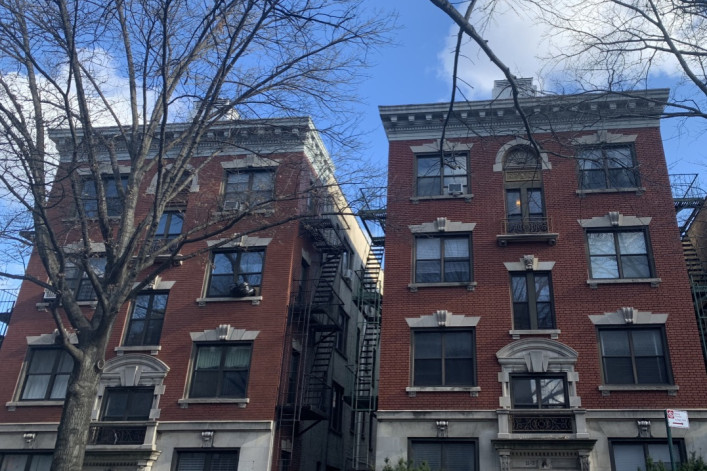My apartment closing has been postponed. Should I try to cancel the deal?

If you're already in contract, it will be very difficult to get out of the deal.
I'm in contract for a co-op in Brooklyn and the closing was postponed. I'm thinking about canceling the deal, but worried about my escrow. If I cancel the deal, is it possible to get the money that's in escrow back? Or should I go ahead with the deal and hope for the best?
Depending on the terms of your contract, it may be possible to get your money back, our experts say, but the conditions are very narrow.
The coronavirus pandemic has delayed many real estate deals because non-essential business is shut down in New York state, forcing buyers and sellers to resort to a variety of workarounds in order to close. Title companies are stepping in to act as escrow agents, for instance, and people are even meeting in parking lots to exchange signed documents.
But if you are looking to cancel your deal now, you may be able to get a refund on the money you have in escrow—that is, your contract deposit—under certain specific conditions.
"If the contract has been fully executed and the escrow deposit has been sent to the seller's attorney to hold until the funds will be released at closing, then the buyer is 'in-contract' to purchase the property," says Elizabeth Kee, a broker with CORE. "Depending on what the contract of sale lists as agreed to contingencies and the timeframe for those contingencies to be met, the buyer may be entitled to receiving a refund of their escrow deposit."
These contingencies place certain requirements on contracts in order for them to be completed, including board approval, appraisals, and inspections. The more contingencies there are, Kee says, the easier it is to get out of a contract when one is not met.
The board approval contingency, for instance, could be what gets you out of this deal. Check the timeline for board approval in your contract and see if the board has missed its deadline.
"If the board has 30 days within which to decide whether to approve or not after the scheduled closing date in the contract and they haven't voted within those 30 days, the contract is deemed as if it has been denied unless either party agrees to extend it," says Kevin McConnell, a partner with Himmelstein, McConnell, Gribben, Donoghue & Joseph (a Brick sponsor.)
That 30-day period is now being treated a bit more flexibly, given the circumstances of the coronavirus pandemic.
"Since the contractual close date is always an 'on or about' date, either side is entitled to a reasonable adjournment," says Shirley Hackel, a broker with Compass. "Pre-Covid-19, reasonable meant 30 days. During our shelter-in-place decree, reasonable is a moving target."
Your home is your emotional and physical sanctuary, and right now, it’s probably doing double or even triple duty. With Zoom meetings, home schooling, virtual happy hours, and other distractions, accidents can happen, like cooking fires, sink overflows, floods from broken dishwashers and other mishaps that could cost you thousands. Now more than ever, protecting your home, possessions and finances with insurance is an affordable necessity, not a luxury. Click here for a quick quote from the apartment insurance experts at Gotham Brokerage. >>
Furthermore, if all the contingencies in your contract have been met—that is, you have a letter of commitment from your bank and you have been approved for financing and by the board—there is no clear way to cancel the deal.
A delay in closing is not reason enough to cancel, either, Kee says, given that delays are common even under normal circumstances.
"If the buyer no longer wants to purchase this home, they might ask their attorney to try to negotiate to cancel the contract with as few penalties as possible," she says. "It is unlikely the seller will agree to the cancellation, at least without a significant penalty, as they have acted in good faith throughout and the delay of the closing is not due to any circumstances within their control."
In this scenario, you not only run the risk of losing your deposit—you could also be sued by the seller for breach of contract.
"I would advise a client in this situation to hang in there," McConnell says. "A substantial amount of money is at risk—10 percent of the purchase price."
Trouble at home? Get your NYC apartment-dweller questions answered by an expert. Send your questions to [email protected].
For more Ask an Expert questions and answers, click here.
You Might Also Like



























